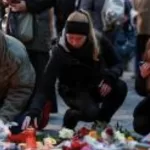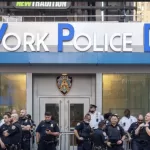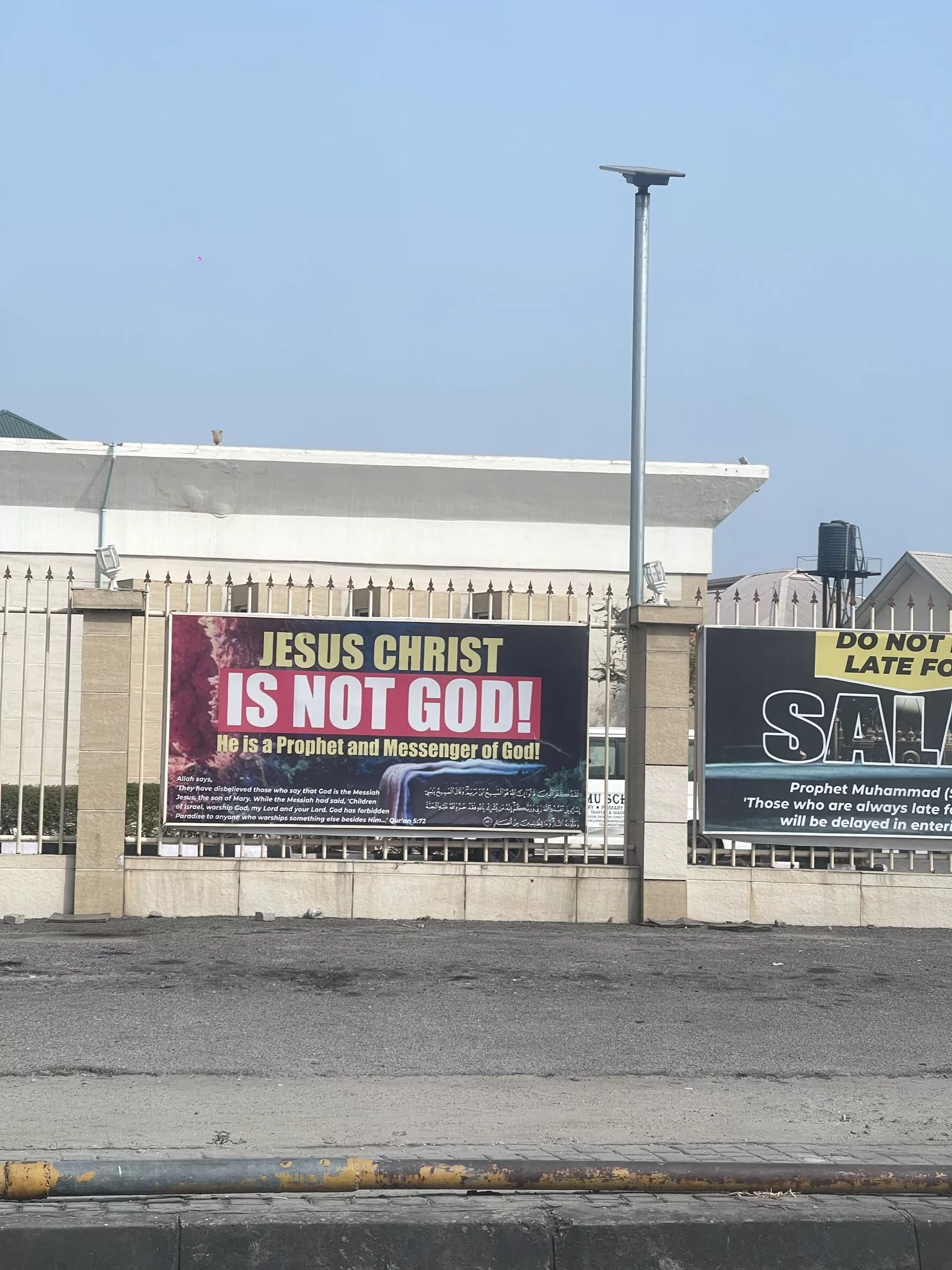The gang leader, known as Monel “Mikano” Felix, along with his Viv Ansanm group, were responsible of the massacre.
It said the victims were mostly elderly.
The National Human Rights Defense Network (RNDDH), an NGO in Haiti that monitors state institutions and promotes human rights education, said Sunday at least 110 people — all aged over 60 — had been killed in Cite Soleil over the weekend.
It later said the death toll could be higher and cited witnesses as saying that “mutilated bodies were burned in the streets, including several young individuals who were killed [while] attempting to save residents.”
RNDDH said Felix had ordered the violence after his child became sick, and after seeking advice from a voodoo priest who accused elderly people in the area of harming the child through witchcraft. The group said Felix’s child had died Saturday afternoon.
Reuters was not able to independently verify the events outlined by RNDDH. Felix did not immediately comment on the accusations.
Cite Soleil, a densely populated slum by the port of the capital Port-au-Prince, is among the poorest and most violent areas of Haiti.
Tight gang control, including the restriction of mobile phone use, has limited residents’ ability to share information about the massacre.
The government, riven with political infighting, has struggled to contain the gangs’ growing power in and around the capital. The armed groups are accused of indiscriminate killings, gang rapes, ransom kidnappings and fueling critical food shortages.
In October, the Gran Grif gang took responsibility for the killing of at least 115 people in Pont-Sonde, a town in Haiti’s breadbasket Artibonite region. They said it was retaliation for residents helping a self-defense group hinder their road toll operations.











